Close arrow_back
- menu title
-
Custom Menu
add remove
-
Navigation
add remove
-
menu title
add remove
-
menu title
add remove
-
menu title
add remove
-
menu title
add remove
-
menu title
add remove
- menu title
-
Custom Menu
add remove
- Navigation add remove
-
menu title
add remove
-
menu title
add remove
-
menu title
add remove
-
menu title
add remove
-
menu title
add remove
The International Code for Application of Fire Test Procedures, (2010 FTP Code), 2012 Edycja
The International Code for Application of Fire Test Procedures, (2010 FTP Code) was developed with the
aim to enhance user friendliness, ensure more uniform application of the requirements on fire testing and
generalize the experience gained so far from the application of resolution MSC.61(67). Bearing in mind
the intent of developers to formulate the requirements for fire test procedures in a form which would be as
close to general industry’s procedures as possible, one of the aims of the Code was to update references
to all ISO applicable standards. The present Code contains requirements for the testing process itself:
testing laboratories, format of test reports, and provides procedures of type and case-by-case approval of
materials, components and structures intended for maritime applications. Taking due account of alternative
designs and arrangements which have been made possible by virtue of SOLAS regulation II-2/17, adopted
by resolution MSC.99(73) in 2000, the Code also provides for the possibility of conducting alternative
tests on a proviso that the level of safety of the tested materials, components and structures set by the
Convention is not compromised and corresponds to at least that contained in its prescriptive requirements.
aim to enhance user friendliness, ensure more uniform application of the requirements on fire testing and
generalize the experience gained so far from the application of resolution MSC.61(67). Bearing in mind
the intent of developers to formulate the requirements for fire test procedures in a form which would be as
close to general industry’s procedures as possible, one of the aims of the Code was to update references
to all ISO applicable standards. The present Code contains requirements for the testing process itself:
testing laboratories, format of test reports, and provides procedures of type and case-by-case approval of
materials, components and structures intended for maritime applications. Taking due account of alternative
designs and arrangements which have been made possible by virtue of SOLAS regulation II-2/17, adopted
by resolution MSC.99(73) in 2000, the Code also provides for the possibility of conducting alternative
tests on a proviso that the level of safety of the tested materials, components and structures set by the
Convention is not compromised and corresponds to at least that contained in its prescriptive requirements.
Podobne z kategorii
Availability: Out of stock
Port State control inspections contribute to ensuring that global
maritime standards are being implemented consistently on all ships. This
publication provides guidance for port State control officers on the
conduct of inspections to support harmonization in the way inspections
are carried out worldwide.
This edition includes amendments to the *Guidelines for investigations
and inspections carried out under MARPOL Annex II* (appendix 4), the
*Guidelines for control of operational requirements* (appendix 7) and
the *Guidelines for port State control under MARPOL Annex VI* (appendix
18).


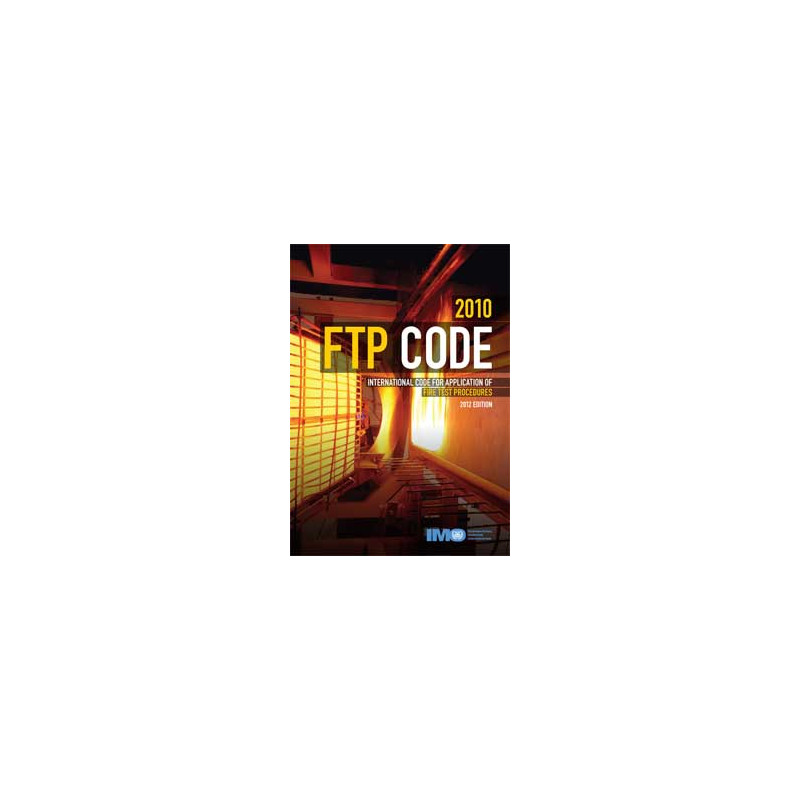

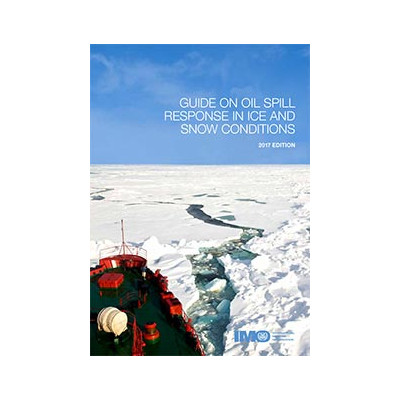
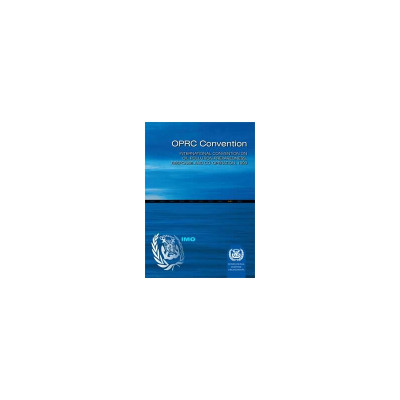
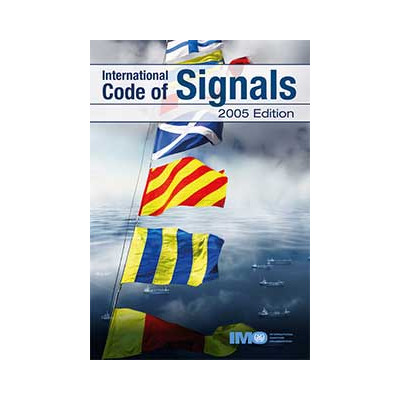
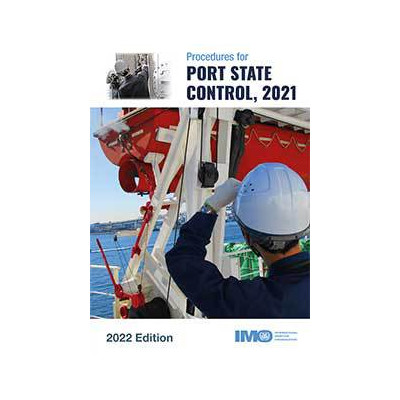
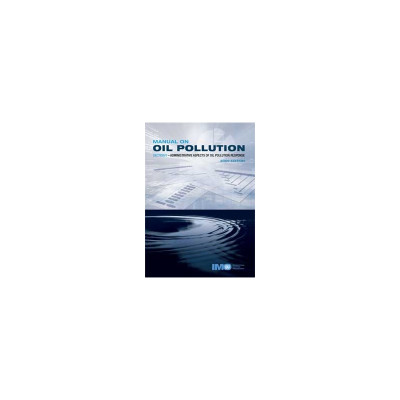
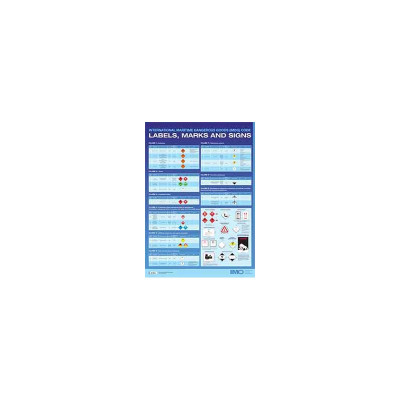
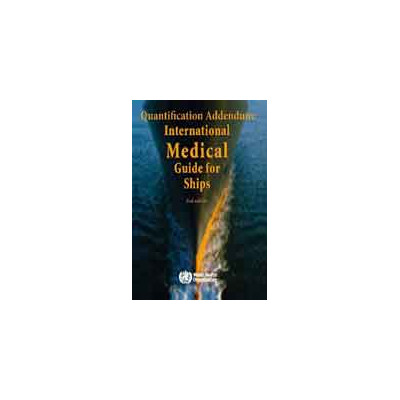
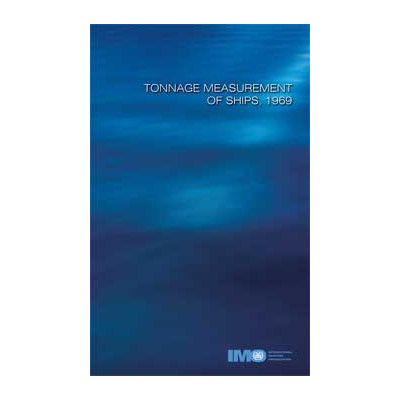
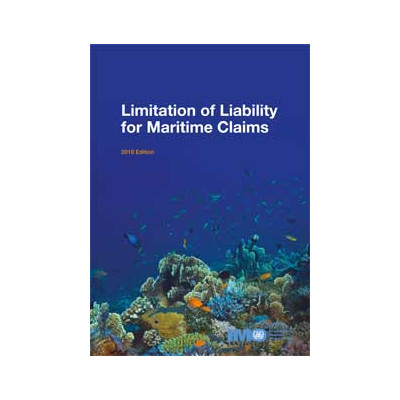
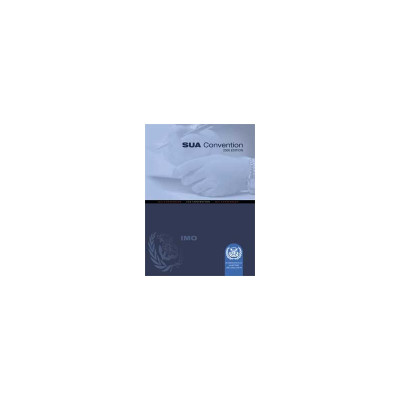
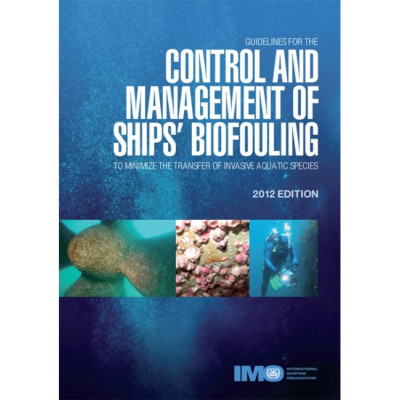
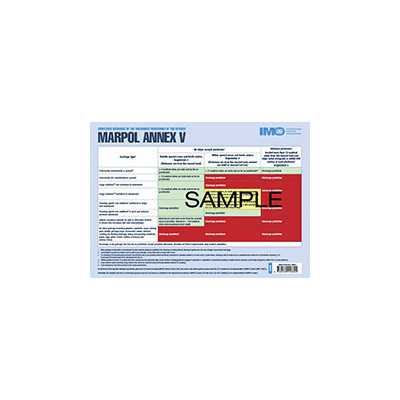
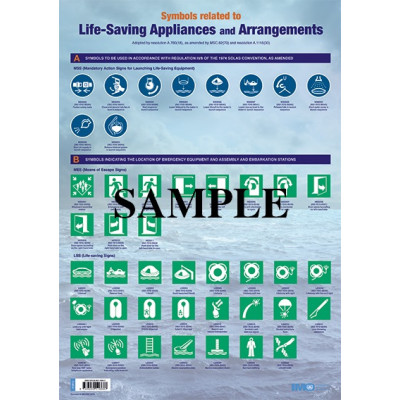
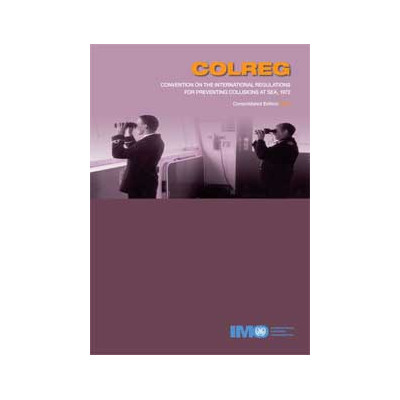
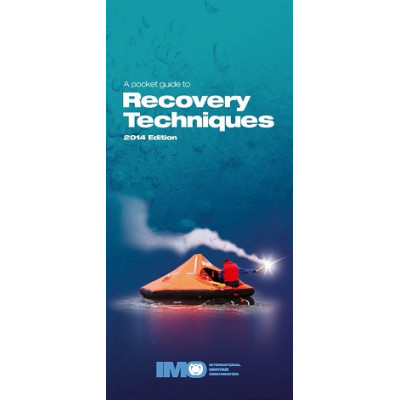
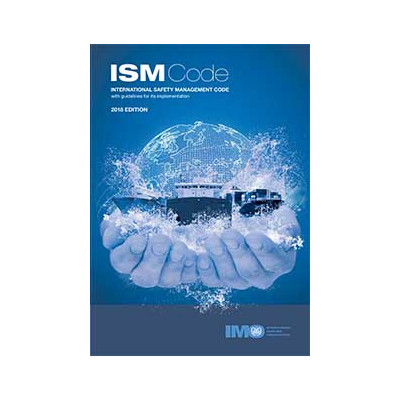
 Cookies
Cookies